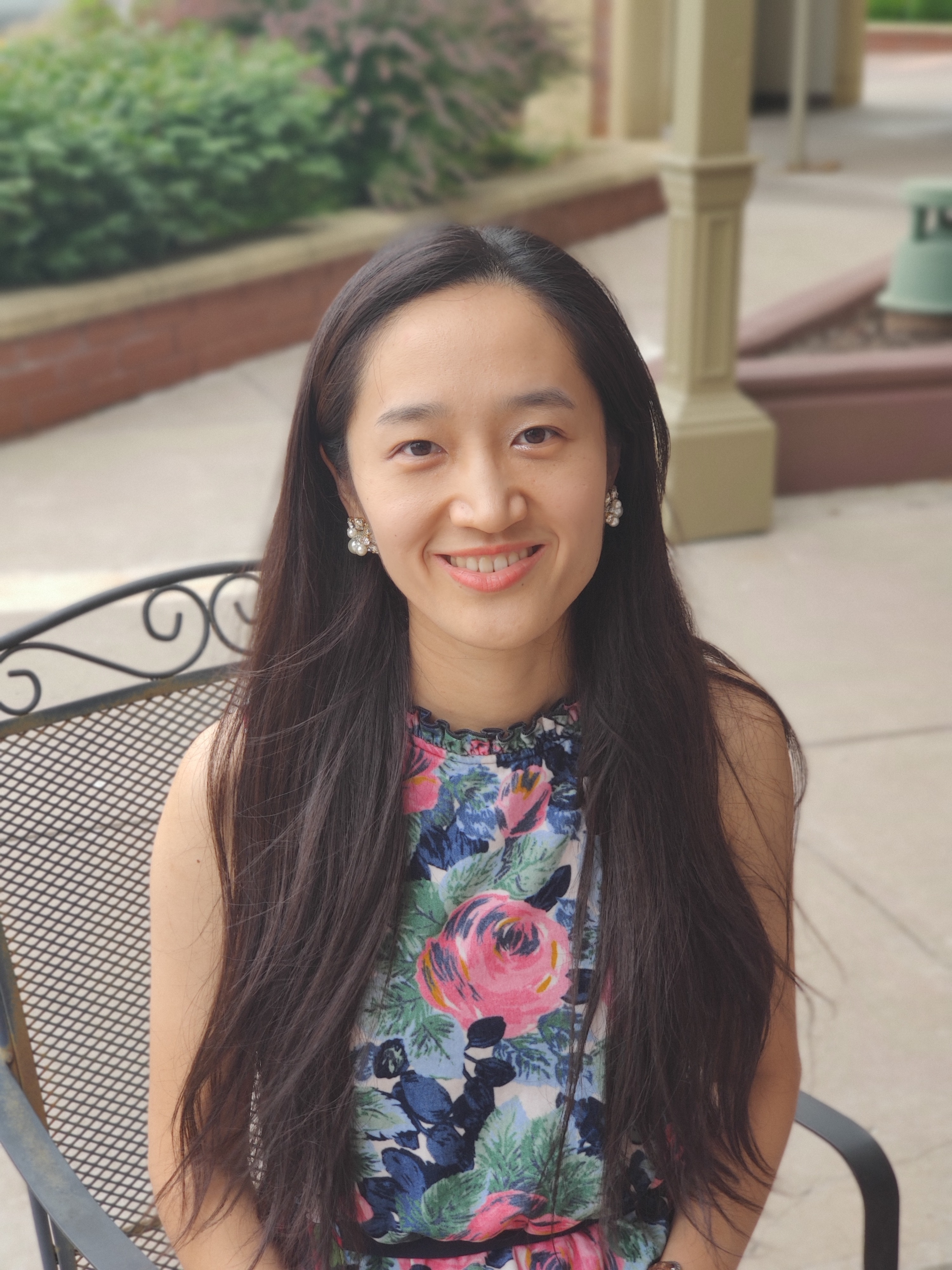Dr. Yushu Shi is an assistant professor of population health sciences in the Division of Biostatistics. Before joining Weill Cornell Medicine, she was an assistant professor at the University of Missouri and a postdoctoral research fellow at the University of Texas MD Anderson Cancer Center.
Tell us about your research.

Dr. Yushu Shi
As an applied biostatistician, my primary research goal is to facilitate data processing and interpretation to answer high-impact scientific questions. During graduate school, I worked on nonparametric Bayesian methods and survival analysis. In my postdoctoral training, I developed statistical methods for microbiome research, including unsupervised clustering of microbiome samples and feature identification in supervised and unsupervised learning. Microbiome data is unique in high-dimensional and next-generational sequencing data and comes with phylogenetic information. In my work, I incorporate phylogenetic information in identifying features that drive clustering and determine outcomes.
At WCM, I am closer to leaders in the medical field than I’ve previously been, whether they are biologists, epidemiologists, or clinicians. Their input informs my work and allows me to better develop my research methods.
What expertise do you bring to this role?
In both my graduate and postdoctoral training, I have served as a statistician for several clinical projects. With my statistical and computational background, I improve existing data analyses with robust and powerful quantitative approaches. I’m also experienced in and continuing to learn about emerging omics data structures and corresponding statistical analysis pipelines. These enable and enhance the quality of new scientific discoveries. In the era of big data, I enjoy collaborating with biomedical researchers and aim to answer real-world questions with statistical rigor.
What brings you to Weill Cornell Medicine?
Being at WCM offers the opportunity to work on clinically relevant problems and collaborate with leaders in the statistical and biomedical fields. The interdisciplinary environment facilitates diverse collaborations and innovative ideas. Partnerships with institutes like NewYork-Presbyterian, Rockefeller University, and the Sloan Kettering Institute allow me to keep up with cutting-edge technology and high-impact scientific questions. I’m motivated to develop novel statistical and computational tools that advance biomedical research.
I’m also passionate about teaching Biostatistics II for the WCM graduate programs. Even when students are not on a statistics-focused track, I’m able to demonstrate how statistics can benefit their work. As an instructor, I have the opportunity to grow and improve with each course I teach while training the next generation of statisticians or data scientists.
Are there any trends or issues you are currently following in your field?
My current research focuses on feature selection for high-dimensional data with false discovery control. I enjoy developing easy-to-use data visualization and manipulation tools, such as the R package and R Shiny apps. I am currently developing an R Shiny app that can visualize survival outcomes through a 2D contour plot and a tool for conducting conditional association tests for microbiome data with phylogenetic tree information. Given my prior experience, I’ve continued to work on microbiome data analysis and nonparametric Bayesian methods.
In the future, I’d like to develop an advanced course on feature selection. It’s a subject that would require students to have some established knowledge, and it’s not typically offered as an independent course. I think it’s a valuable one to expand upon, and I’m excited to explore its potential as an educator.
- Highlights

